I understand the burning desire to know the results of the Cook County state’s attorney’s race, but it’s a good time to take a breath.
In our pursuit of immediate answers, we are letting paranoia and fear drive the discourse around this year’s primary election. Calling for an overhaul, a consolidation of election authorities or a reduction in voter access is an outsize reaction to not knowing the results immediately and learning of a human error.
There’s been much criticism for a reporting error by the Chicago Board of Elections about the number of ballots received. Where others are quick to criticize, I want to celebrate and embrace the actions taken by the Board of Elections’ director of public information, Max Bever. Oftentimes, public servants and officials downplay and overlook errors, which fuel distrust in government. Instead, Bever quickly went public, explained the error and admitted he traded “accuracy for speed” to report out numbers. He didn’t double down or try to obfuscate the truth; he owned it.
If you care about transparency and good governance, this is exactly what you want public servants to do when errors are made. At some point, we should have a conversation about what we can do to prevent future mistakes and make policy changes. But we will never regulate or consolidate ourselves out of human errors completely.
And let’s not just start throwing spaghetti at the wall by suggesting that we should reduce voter access to mail-in voting either.
It’s perfectly fine that we don’t know yet who won the primary race. The job doesn’t start the day after the election. Still, there is a general election in November, even if it is treated as a foregone conclusion that the Democratic primary winner will be the victor.
Instead, let’s talk about why less than 25% of registered voters in Chicago are casting ballots in such a crucial election. That is despite plenty of voting time and options, particularly in Chicago, where voters had the opportunity to shape Cook County’s criminal justice system and vote on a binding referendum.
Let’s talk about why most people in Illinois don’t have choices for many offices on their ballots and how gerrymandering and winner-take-all elections reduce competition and depress voter turnout.
At the very least, let’s stop sharpening the pitchforks. Counting takes time in close races. Meanwhile, our focus ought to be on the reasons for dismal participation in these primary elections.
This originally appeared in the Chicago Tribune as a Letter to the Editor on March 28, 2024.
